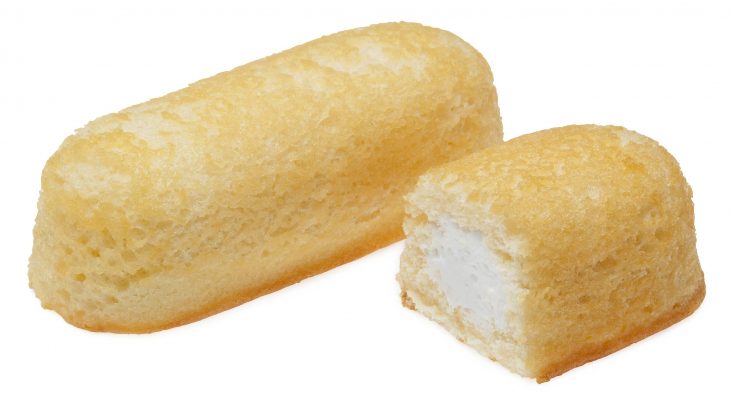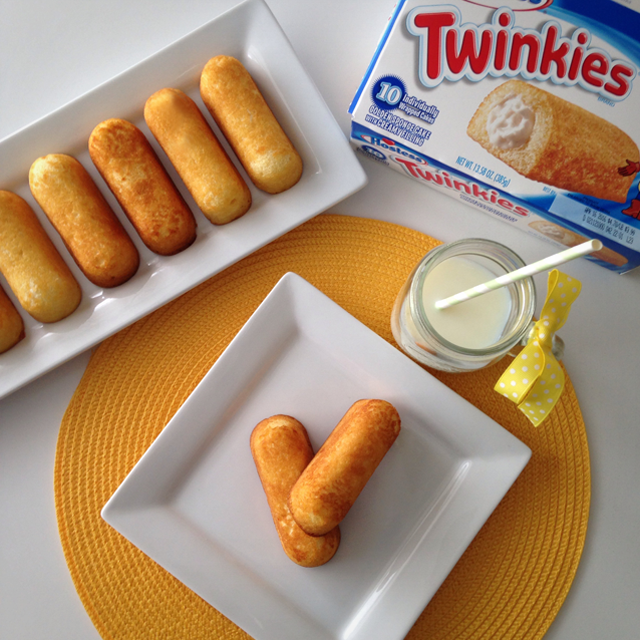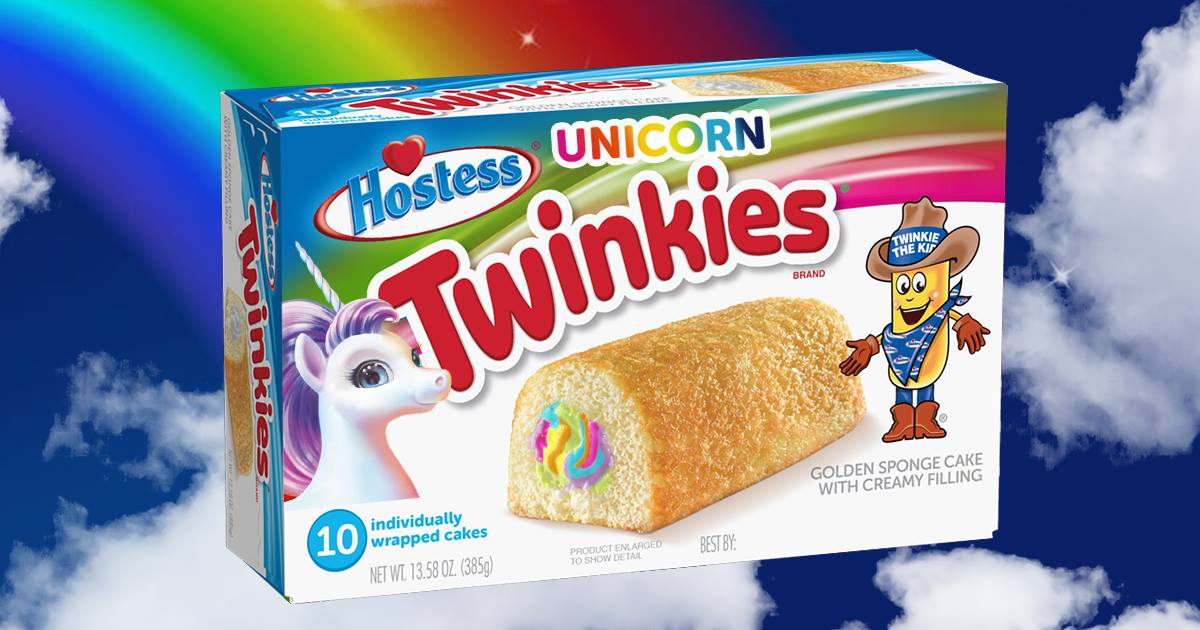
For anyone with a sweet tooth, the mention of Twinkies is sure to bring a smile. This golden sponge cake with its creamy filling has been a beloved snack for nearly a century. Although often associated with a sense of nostalgia or guilty pleasure, many may not be aware of the nutritional aspects of this famous treat. Let’s delve into 11 Twinkies nutrition facts to uncover the details of what you’re indulging in when you bite into this iconic cake.
Calories in Twinkies
Each Twinkie, weighing in at approximately 38.5 grams, contains 135 calories. This is roughly 7% of the daily caloric intake recommended for an average adult, based on a 2,000-calorie diet.
Fat Composition
A single Twinkie contains about 4.5 grams of total fat, accounting for 7% of the recommended daily value (DV). Of this, 2.5 grams are saturated fats, making up about 13% of the DV.
Cholesterol Levels
Each Twinkie is known to contain 35 milligrams of cholesterol, constituting approximately 12% of the DV.

Sodium and Potassium
Twinkies contain around 220 milligrams of sodium, making up 9% of the DV, and 45 milligrams of potassium, accounting for 1% of the DV.
Carbohydrates
In terms of carbohydrates, each Twinkie contains about 23 grams, contributing to 8% of the DV. This includes 16 grams of sugars and less than 1 gram of dietary fiber.
Protein Content
Despite not being a significant source of protein, a Twinkie does contain 1 gram of protein.
Absence of Trans Fats
The modern Twinkie formulation contains no trans fats, following widespread moves in the food industry to reduce or eliminate these potentially harmful fats.
Vitamins and Minerals
Although Twinkies are not particularly rich in vitamins and minerals, they do contain small amounts of iron and calcium. Each cake provides 4% and 2% of the DV for iron and calcium, respectively.
Allergen Information
Twinkies contain wheat, egg, milk, and soy ingredients, which are common food allergens. Those with allergies or sensitivities to these foods should avoid consuming Twinkies.

Shelf Life
Despite popular belief, Twinkies don’t last forever. The official shelf life of a Twinkie is 45 days. Previous formulations had a shelf life of 26 days, but changes in production extended this period without sacrificing taste or quality.
Presence of Preservatives
The extended shelf life of Twinkies can be attributed to the presence of preservatives like sorbic acid. It helps to prevent the growth of mold and prolongs the product’s freshness.
Final Word: Moderation is Key
While Twinkies might not be a superfood, they certainly hold a super place in our cultural history and collective hearts. As with any treat, they are best enjoyed in moderation as part of a balanced diet. So, the next time you savor the sweet, creamy taste of a Twinkie, you can appreciate the joy of indulgence, equipped with a better understanding of its nutritional profile.
In the end, the 11 Twinkies nutrition facts discussed above provide insight into what’s inside these golden, cream-filled cakes. Despite their simple appearance, Twinkies are the result of complex food science and production processes
Was this page helpful?
Our commitment to delivering trustworthy and engaging content is at the heart of what we do. Each fact on our site is contributed by real users like you, bringing a wealth of diverse insights and information. To ensure the highest standards of accuracy and reliability, our dedicated editors meticulously review each submission. This process guarantees that the facts we share are not only fascinating but also credible. Trust in our commitment to quality and authenticity as you explore and learn with us.
